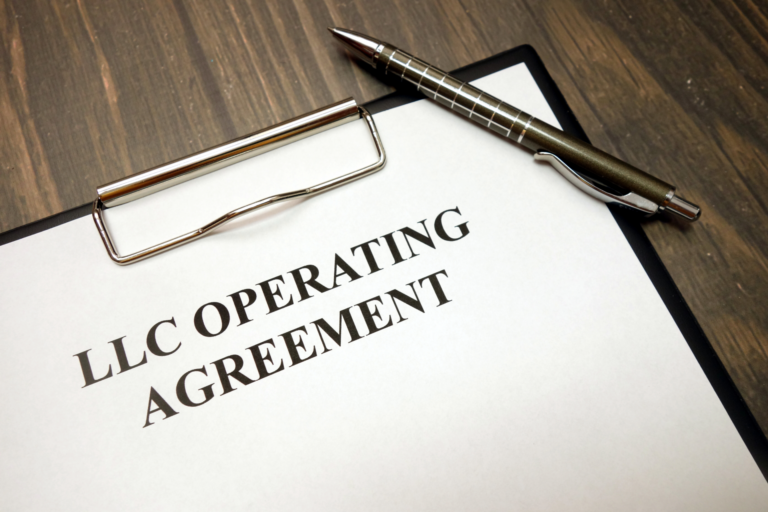The Florida Second District Court of Appeal defines undue influence as the use of “over-persuasion, duress, force, coercion, or artful or fraudulent contrivances to such a degree that there is destruction of the free agency and willpower of the one making the will. ”
In this article, you will discover how to prove undue influence in Florida probate.
How Do You Prove Undue Influence in Florida Probate? – The Fundamentals
Most legal actions involving probate generally require the person filing the lawsuit (plaintiff) to be an interested party in the decedent’s estate. However, proving undue influence does not necessarily require a person to be a beneficiary of the last will.
Proving the existence of undue influence in Florida requires the plaintiff to identify the existence of three elements.
The Existence of Substantial Benefit
The first element is to demonstrate that the person accused of undue influence (defendant) may receive a “substantial benefit” under the will. Whether the benefit granted in the will can be considered “substantial” is subject to court interpretation.
The Existence of a Confidential Relationship
If the defendant has not enjoyed a confidential relationship with the decedent during the preparation of the will, it is hard to prove undue influence. Generally, this evidence can be established by witness testimony, physical or electronic correspondence, etc.
The term “confidential” is used to describe a relationship that allowed the testator to sufficiently trust the defendant to the point of sharing secrets.
The Existence of Influence in Decision-Making
The defendant must have been someone “active in the procurement of the will,” which means a position to influence the testator’s decisions in the decision-making process behind the will.
Accordingly, the plaintiff must establish that the defendant actually influenced the testator to guarantee the will would be a certain way. If the document was fully or partially influenced, it is crucial to show that the defendant held a position strong enough to intervene in the process.
How Do You Prove Undue Influence in Florida Probate? – Attention to Detail
While meeting this three-pronged set of criteria is fundamental to prove the existence of undue influence in Florida, it may not be sufficient to establish a legal claim by itself.
This basic requirement allows the plaintiff to reverse the burden of proof, as the defendant must then respond and prove the non-existence of undue influence.
A decision made back in 1970 by Florida’s Fourth District Court of Appeal sets the precedent with other elements that may be used to identify the defendant’s “active procurement of the will,” such as:
- Whether the defendant was present in the execution of the will
- Whether the defendant already knew the content of a will before it was executed
- Whether the defendant recommended the lawyer who drafted the will
- Whether the defendant kept the will in his or her possession after the document’s execution (especially if there was no particular reason for that decision)
These are only some of the questions involved in this process, which requires the guidance of a well-versed probate attorney to ensure a successful outcome.
Proving Undue Influence in Florida Probate – Immediately Contact Attorney Romy B. Jurado
Waste no time with uncertainty. Call Attorney Romy B. Jurado today at (305) 921-0976 or email [email protected] to find a strategic solution for your case.






